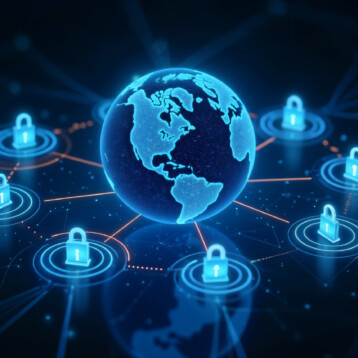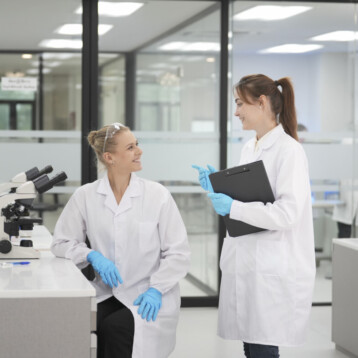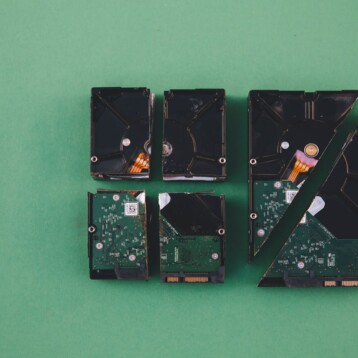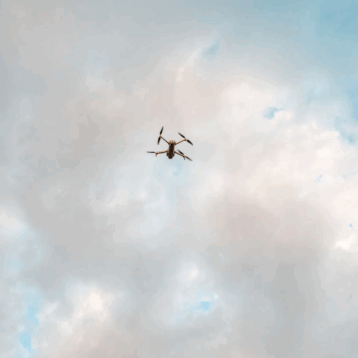
Source: Pixabay.com
Humans have an innate fear of the unknown. That’s why we look at the future with some degree of apprehension as we think about the things that could go wrong and may be outside our control. It’s not any different when it comes to people’s views on future technology trends.
It doesn’t help that technology has evolved at breakneck and unpredictable speed over the last 3 decades. While businesses can have a technology roadmap (e.g. see www.eiresystems.com), there’s never certainty over what the future tech landscape will look like.
Such exponential advancement is naturally bound to elicit concerns and suspicion over how everyday life could change for the worse 10, 20 or 50 years from now. The following are the biggest fears people have over future technology.
-
Autonomous AI
Imagine a pencil company builds an entirely autonomous end-to-end AI system whose sole purpose is to produce as many pencils as possible. As a result, there’s a sharp rise in production efficiency and the company becomes extremely profitable.
But something not previously anticipated happens—the AI system surveys earth data and determines that some of the things humans need to survive would be better applied to its sole goal of making pencils. It therefore rabidly consumes these resources but in the process leads to the extinction of the human race.
This example may seem dystopian. However, as autonomous tech becomes mainstream, this scenario may play itself out in numerous micro-ecosystems that will cumulatively endanger the very survival of mankind. In the worst case, autonomous AI could streamline hacking, automate terrorism or mass produce propaganda to devastating effect.
-
Runaway Automation
Workers in developed countries have been gradually losing their jobs to automation over the last 40 years. The ever more prominent role information technology plays in the world of business has only accelerated this trend.
For example, autonomous vehicles could render tens of millions of workers worldwide redundant. One McKinsey study even estimated that as much as 70 million workers in the US alone would have to move to a different career or be rendered jobless by automation.
Industries that are especially vulnerable include manufacturing, retail, food services, agriculture, and healthcare. Little wonder that a survey found nearly three quarters of Americans were worried about future automation.
-
Warrior Robots
Armed drones and precision-guided missiles have been in use for a while now and provide a glimpse at what future wars will look like. As countries strive to have the military edge over their geopolitical rivals while minimizing their own human casualties, a push toward battlefield robots and autonomous weapons is almost inevitable.
Autonomous drones are already available for harmless purposes such as photography and it won’t be long before they make the logical transition to combat equipment. Boston Dynamics is even testing robots as beasts of burden for armies operating in rugged terrain where driving is impractical.
As the world slowly edges toward fully autonomous weapons, the fear that receives the most attention is the risk of autonomous weapons and combat equipment eventually turning on their human masters.
But there’s also the question of accountability where the person or entity legally responsible for the robot’s actions is blurred. If the robot commits a war crime, is it the programmer, manufacturer, commander or the robot itself that’s liable? War crimes are already hard to prosecute—the entry of autonomous combatants won’t make things any easier.
-
Biomedical Technology
Biomedical technologies could allow us to cultivate biomaterials that replace defective organs or splice genes so children don’t inherit the diseases of their ancestors. On the face of it, such advancement promises a world where the average person has tremendous opportunities to be healthier, faster and stronger.
But considering the cost of accessing these technologies, they’ll almost certainly remain prohibitively expensive for most of the world. As such, biomedical advancement could exacerbate the class divide between the haves and have-nots. There are also ethical and (for some) religious concerns where such technology is thought to interfere with the laws of nature.
So is the future an apocalyptic landscape ruled by robots that have taken over the earth or is it one where technology and humanity are in perfect harmony? The two extremes are unlikely to happen. There will be negatives and positives—hopefully, the latter will significantly exceed the former.










